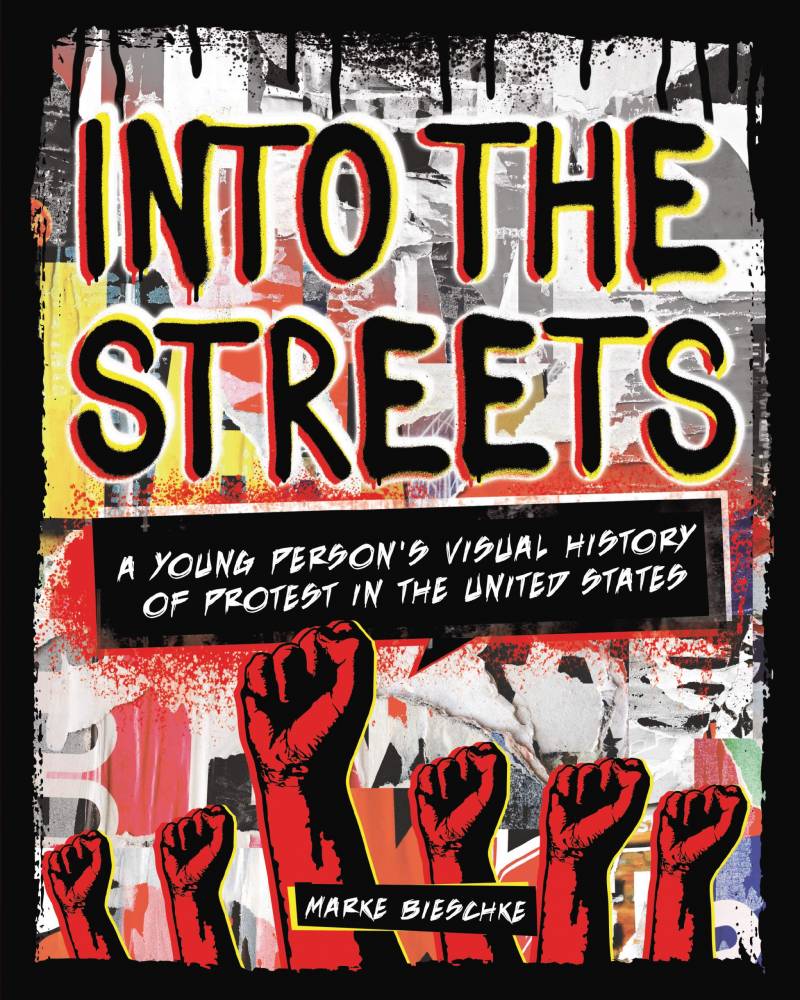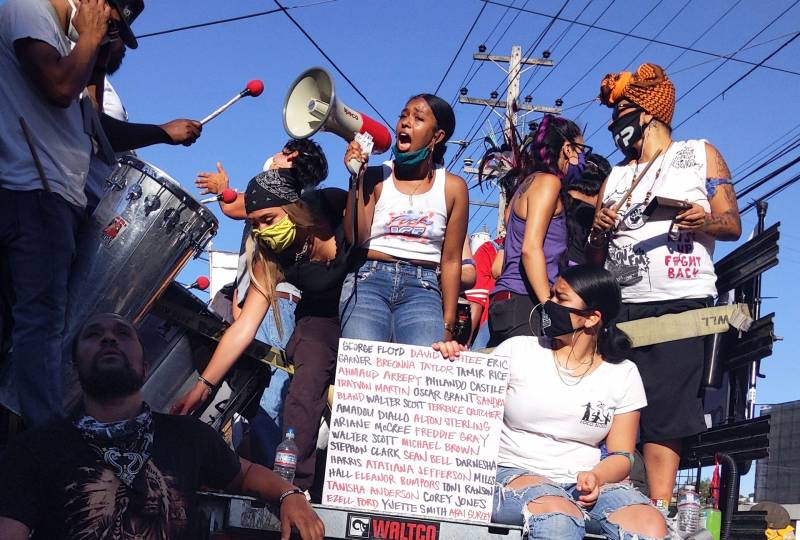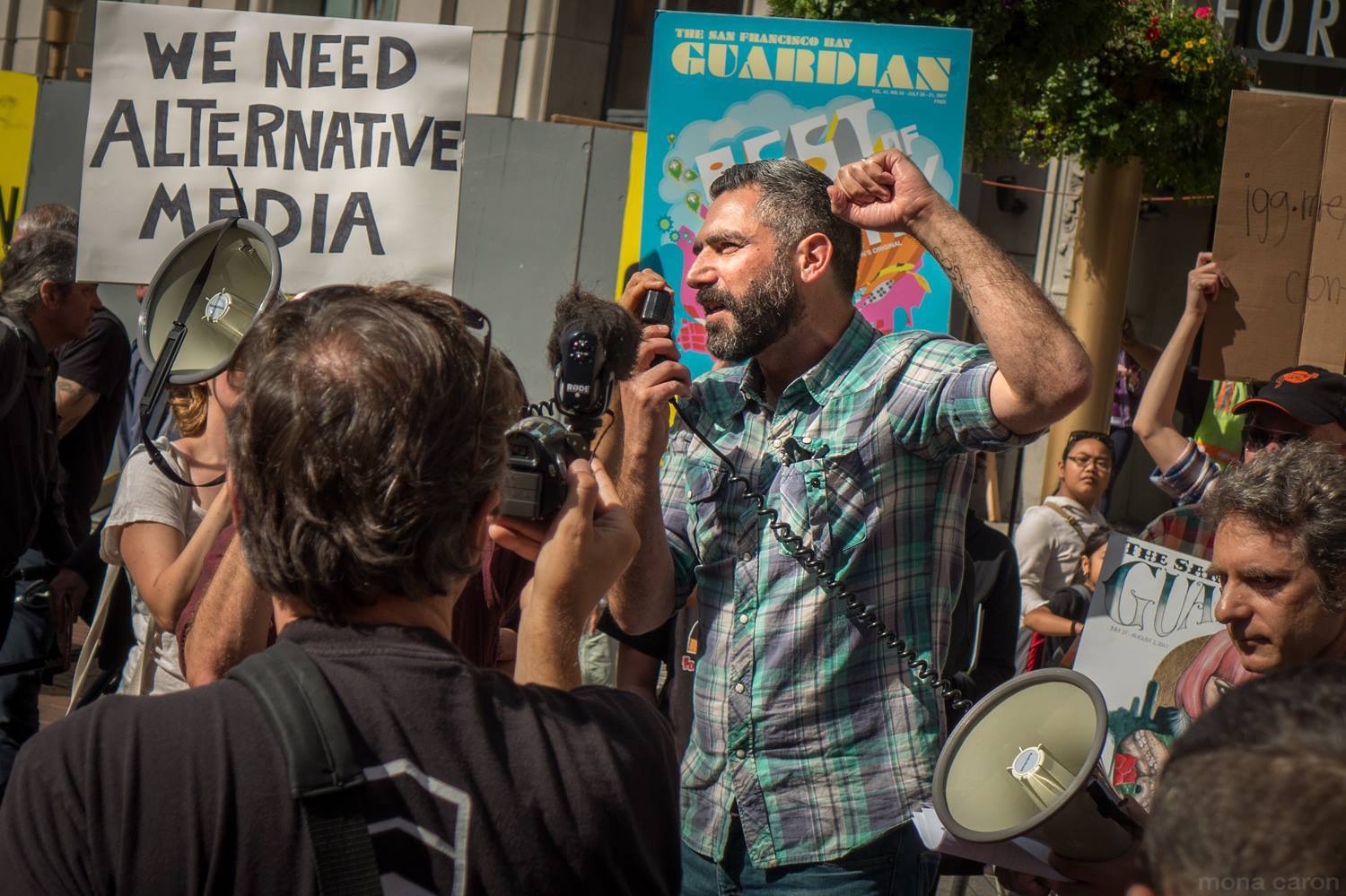The police killings of George Floyd and Breonna Taylor moved millions of Americans to protest, donate to racial justice causes and call their representatives, but it was high school students who led marches of tens of thousands in Oakland and San Francisco. Members of the youngest, queerest and most diverse generation are fired up about changing laws as well as culture, and they aren’t waiting for permission from adults to take to the streets.

That doesn’t mean, however, that they don’t have a thing or two to learn from history—the real history of America, much of which casts serious doubt on whether the country has actually made good on its professed values of liberty and justice for all. Young people today are carrying forward civil rights and labor struggles that have been ongoing for hundreds of years.
“I wanted people to know about how the United States had been shaped by the protests, and that a lot of the things young people get curious or angry about actually [have] roots,” says journalist and author Marke Bieschke, whose new nonfiction book, Into the Streets: A Young Person’s Visual History of Protest in the United States, offers an accessible and engaging overview of American activism.
While marketed to young adult readers, Into the Streets is really a primer for anyone who wants a deeper understanding of how people have historically organized against oppressive forces, starting with early anti-colonial Native American revolts and the Underground Railroad. Though it spans hundreds of years, the book spends the most time on the 20th century.
We learn that Filipino and Mexican farmworkers, typically pitted against one another by management, teamed up to strike for better wages and working conditions in the 1960s, initiating the biggest boycott in U.S. history and highlighting the importance of an intersectional movement. In the same decade, the Black Panthers expanded anti-police-brutality activism into a community service program with free breakfasts for schoolchildren, illuminating the related struggles of racism and poverty.




